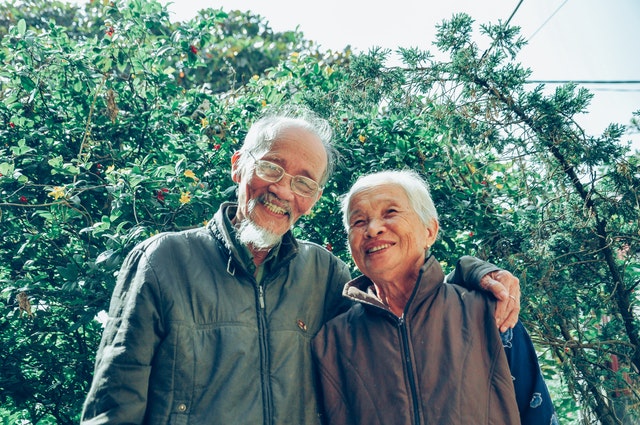Mindfulness is the ability to snap yourself back to the present moment. It entails observing your thoughts and emotions without any judgment and viewing our desires and material possessions with a level of detachment. Time and again researchers have found a potent link between mindfulness and greater well-being.
As one proceeds through life emotions that are intense during youth are replaced by the quiet lull which descends in old age. A gentle calm washes over the turbulence of adolescence and middle age as we enter the last stage of our lives.
Staring down at the end of our journey can have a profound effect. But does it make us better at mindfulness? If yes, then do the old people who practice mindfulness enjoy better health than those who don’t?
Researchers at Flinders University set out to answer those questions. The study published in the journal titled Aging & Mental Health utilized an internet-based research platform to observe mindful characteristics, flexible goal adjustment and wellbeing in 623 participants between the ages of 18 and 86 years.
The survey concludes that mindfulness contributes to well-being by inducing goal-flexibility through non-attachment and heightened present-moment attention. The study further states that mindfulness becomes particularly important in mid to old age and elderly individuals are better inclined to practice it.
In the context of the abovementioned study, we can assume that older people derive more happiness from everyday life by living in the moment and focusing on simple pleasures. As we reach a certain age the looming prospect of death forces us to rethink our priorities. When individuals find it increasingly difficult to plan much farther in the future owing to a decline in health they tend to focus on the present and cherish the simple things in life while they still can. This leads to greater satisfaction and increased well-being.
A 2014 study published in Frontiers in Psychology analyzed the effect of “foreshortened future” on trauma victims. According to the study people who endure unbearable trauma constantly envisage a predominately negative future. The belief that nothing good could transpire in a person’s life following a particularly traumatic episode becomes so deeply rooted that it impairs daily functioning.
The present study shows that there is light at the end of the tunnel. That life does get better as we age because we develop better coping mechanisms. Lead author Leeann Mahlo says, “The ability to appreciate the temporary nature of personal experiences may be particularly important for the way people manage their day-to-day goals across the second half of life”. She further states, “Our findings suggest that if mindfulness has particular benefits in later life, this could be translated into tailored training approaches to enhanced wellbeing in older populations.”
Most of us struggle with the fear of ending up alone in old age. But maybe even in that loneliness our old, withered selves might be better at finding beauty and thus much happier than in the robustness of youth.


